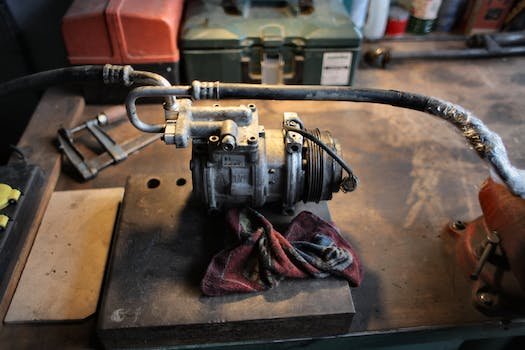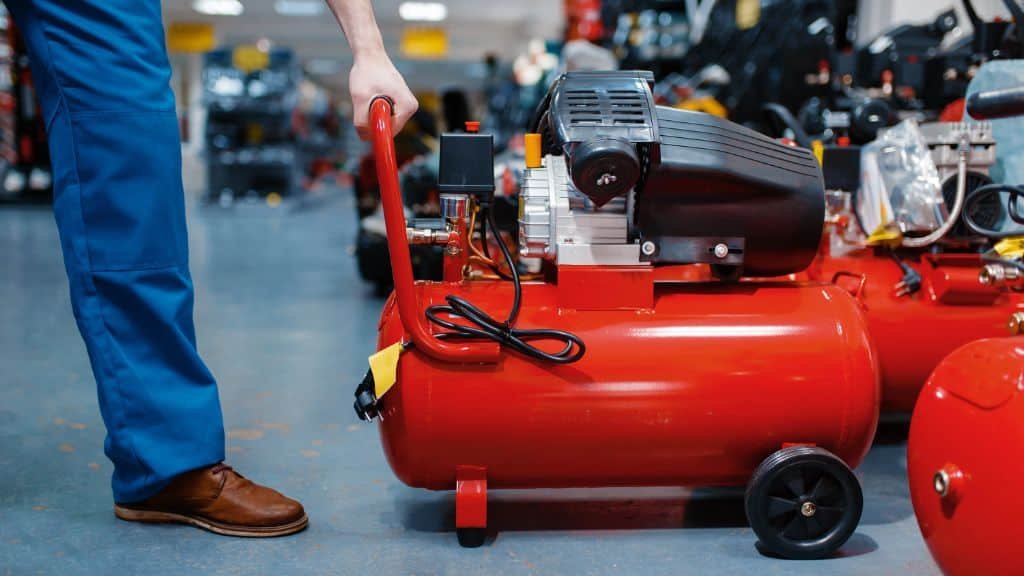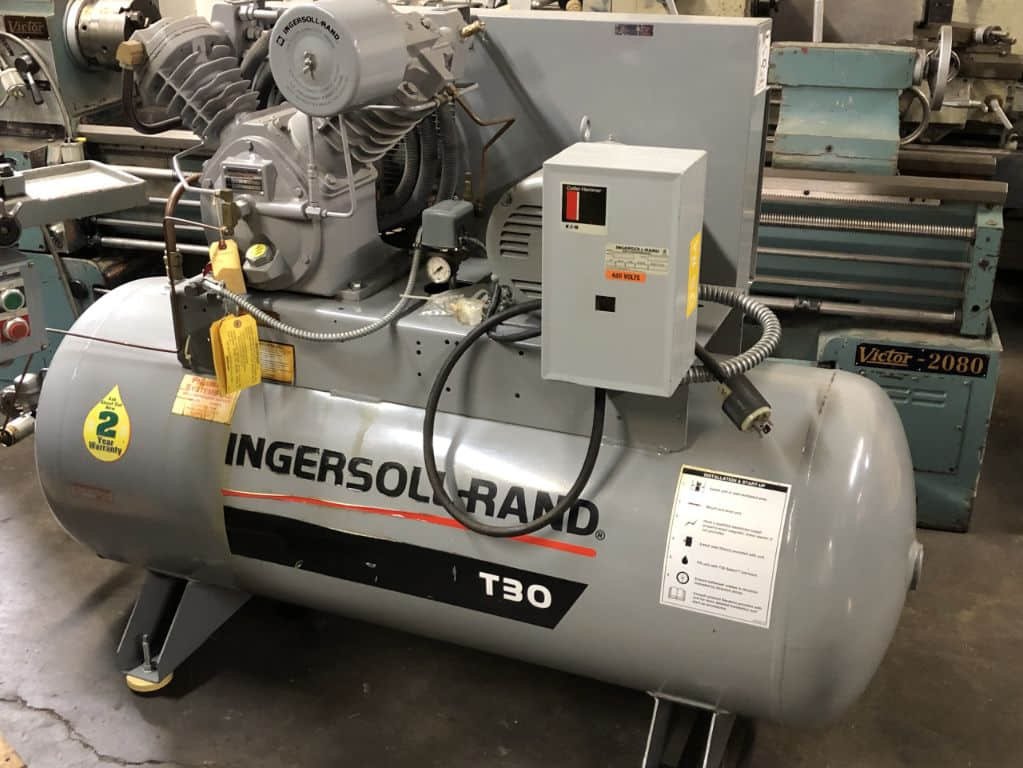Ryobi Air Compressor Repair Services: The Importance of Proper Disposal and Recycling of Waste Compressor Oil
When it comes to maintaining and repairing your Ryobi air compressor, one crucial aspect that often gets overlooked is the proper disposal and recycling of waste compressor oil. Many people are unaware of the environmental impact of improper disposal and the potential hazards it poses. In this article, we will delve into the importance of handling waste compressor oil responsibly and explore the various options available for its disposal and recycling.
Heading 1: Understanding the Environmental Impact
Improper disposal of waste compressor oil can have severe consequences for the environment. Compressor oil contains harmful substances such as heavy metals, additives, and contaminants that can contaminate soil, water sources, and even the air we breathe. When disposed of incorrectly, these pollutants can seep into the ground, pollute rivers and lakes, and harm aquatic life. Additionally, the burning of waste oil releases toxic fumes into the atmosphere, contributing to air pollution and climate change.
By understanding the environmental impact of improper disposal, we can take the necessary steps to ensure that waste compressor oil is handled responsibly.
Heading 2: The Importance of Proper Disposal
Proper disposal of waste compressor oil is not only essential for protecting the environment but also for complying with legal regulations. Many countries have strict guidelines and regulations in place to govern the disposal of hazardous waste, including compressor oil. Failure to adhere to these regulations can result in hefty fines and legal consequences.
Furthermore, responsible disposal of waste compressor oil helps prevent contamination of water sources, preserves natural habitats, and reduces the overall carbon footprint. By disposing of waste oil correctly, we contribute to a cleaner and healthier environment for future generations.
Heading 3: Recycling Options for Waste Compressor Oil
Recycling waste compressor oil is an excellent way to minimize its environmental impact and conserve valuable resources. There are several recycling options available, including:
- Local Recycling Centers: Many local recycling centers accept waste compressor oil for recycling. These centers have the necessary equipment and expertise to handle and process the oil safely.
- Manufacturer Take-Back Programs: Some compressor manufacturers have take-back programs in place, where they accept used oil from their customers for recycling. Check with the manufacturer of your Ryobi air compressor to see if they offer such a program.
- Professional Waste Oil Disposal Services: There are specialized waste oil disposal services that can collect and recycle your waste compressor oil. These services ensure that the oil is disposed of properly and in compliance with environmental regulations.
By opting for recycling, we not only prevent the oil from ending up in landfills or being burned but also contribute to the conservation of valuable resources.
Heading 4: FAQs
1. Can I dispose of waste compressor oil in my regular trash?
No, waste compressor oil should never be disposed of in regular trash. It is considered hazardous waste and requires special handling and disposal methods.
2. What are the risks of improper disposal of waste compressor oil?
Improper disposal can lead to soil and water contamination, harm to aquatic life, air pollution, and legal consequences.
3. Can I reuse waste compressor oil?
Reusing waste compressor oil is not recommended as it may contain contaminants that can affect the performance and lifespan of your air compressor.
4. How often should I dispose of waste compressor oil?
The frequency of disposal depends on the usage and maintenance of your air compressor. It is recommended to follow the manufacturer’s guidelines and dispose of the oil when it becomes dirty or reaches its recommended service interval.
5. Can I mix waste compressor oil with other substances for disposal?
No, waste compressor oil should not be mixed with other substances. It should be kept separate to ensure proper recycling or disposal.
6. What are the benefits of recycling waste compressor oil?
Recycling waste compressor oil helps protect the environment, conserve resources, and reduce the carbon footprint associated with oil production.
Conclusion
Proper disposal and recycling of waste compressor oil are of utmost importance for both the environment and our own well-being. By understanding the environmental impact, adhering to legal regulations, and exploring recycling options, we can ensure that our Ryobi air compressor repair services are not only efficient but also environmentally responsible. Let us take the necessary steps to protect our planet and create a sustainable future.




